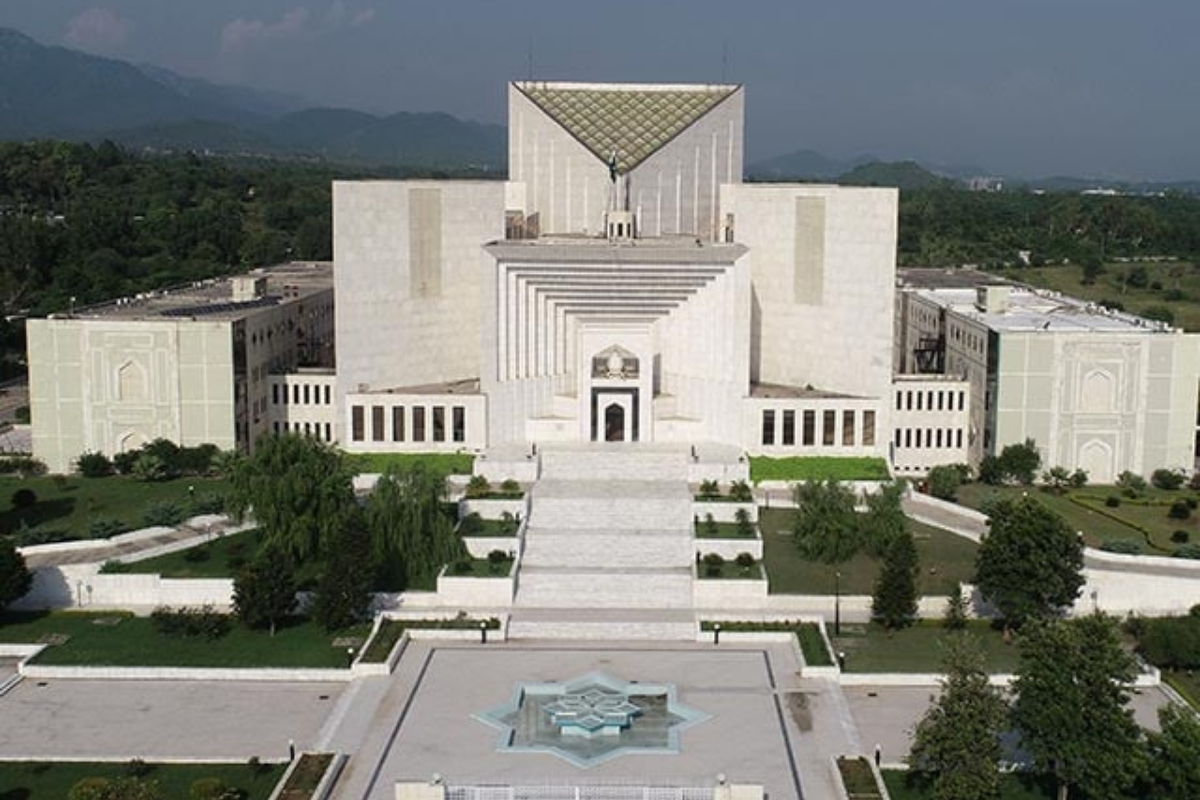The Judicial Commission of Pakistan (JCP) will meet on Tuesday to discuss judges for the constitutional benches, raising questions about judge eligibility, provincial representation, and procedural details. Some legal experts have also pointed out unresolved issues regarding seniority, appointment sequence, and the commission and bench formation relationship. Chief Justice Yahya Afridi has convened the JCP’s first meeting on November 5 to address the appointment of judges for the Supreme Court’s constitutional benches.
The meeting on Tuesday will focus on establishing the JCP’s secretariat and selecting judges for the constitutional benches. The commission recently restructured to include parliamentary members following the 26th Constitutional Amendment, which introduces reforms that allow a parliamentary committee to select the Chief Justice of Pakistan (CJP).
The reforms also allow for the creation of constitutional benches in the Supreme Court and the high courts. With the establishment of these constitutional benches, questions arise about which judges will be included and how their eligibility will be determined. Additionally, the commission must consider whether any loopholes still exist that could pose challenges.
Supreme Court advocate Basil Nabi Malik explains that Article 191A and Article 202A, added through the 26th Amendment, specify that constitutional benches will consist of judges from the Supreme Court and the high courts, respectively. He notes, “This indicates that the JCP will appoint judges from the existing roster of judges in the Supreme Court or high courts.”
However, the amendment also states that the constitutional benches must have equal representation from the provinces. Does this imply that the commission may need to add additional judges solely to serve on the constitutional benches?
Malik says that can “only happen if those judges are appointed in the Supreme Court by the JCP first. Then they can be considered for the constitutional bench”.
Barrister Ali Tahir adds that, “while the Judicial Commission is tasked with making appointments based on equal representation of provinces, the term ‘may’ has been used in the amendment, suggesting that the goal of equal representation from all provinces is not absolute”.
Tahir explains that the process works as follows: since a minimum of five judges is required for any constitutional bench, the Judicial Commission can convert five or more judges into a constitutional bench if deemed appropriate.
Interestingly, according to Tahir, “it is possible that the entire Supreme Court could be organized as a single constitutional bench, which could then be divided into various sub-benches”.
Much discussion has focused on whether the two senior judges of the Supreme Court—Justice Mansoor Ali Shah and Justice Muneeb Akhtar—will be included in the constitutional bench. Supreme Court advocate Hafiz Ahsaan Khokhar states that ultimately, the decision will depend on the majority’s vote in Tuesday’s Judicial Commission meeting.
He thinks that “we may see the constitutional bench starting [in seniority] from Justice Aminuddin”.
However, Khokhar quickly adds that the decision lies entirely with the commission; the JCP can easily nominate the CJP for the constitutional bench and even vote in Justice Shah and Justice Akhtar. Following the 26th Amendment, the political members of the commission are perceived to hold more power. Given that the other two major parties, aside from the PTI, are currently allies, their representatives will likely vote in unison.
In a situation where the five judicial members propose the name of a judge, the parliamentary and non-judicial members can easily vote against that nomination. Legal experts also note that nothing in the legal text prevents a judge on a constitutional bench from also hearing regular cases.
For high courts, there is a similar process but as Basil Nabi Malik points out, “Article 202A, dealing with establishing constitutional benches in the high courts, is not effective until the pertinent provincial assembly passes a resolution”.
There is one more question that can be raised during the formation of the Judicial Commission. Barrister Tahir asks: “if the entire constitutional bench is composed of the most senior judges, then will the fifth senior-most judge automatically become a member of the Judicial Commission?”
He adds that there are other questions too such as: “Does the commission need to appoint a judge first to the constitutional bench and then should the judge sit on the commission and then form the constitutional bench?”
[embedpost slug=”chief-justice-advocates-dismissal-of-officers-involved-in-felling/”]
















